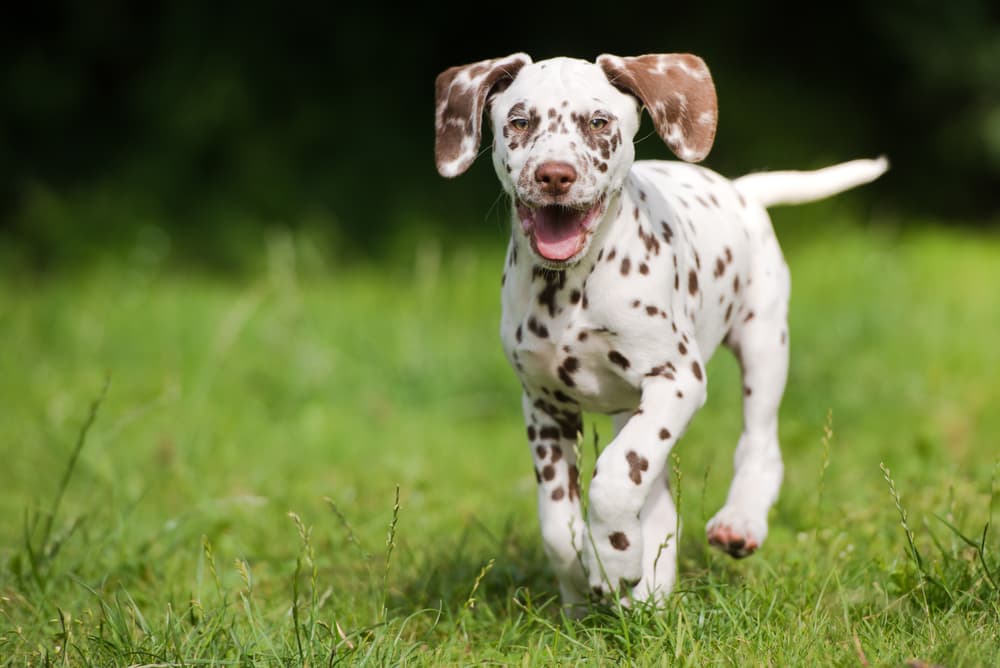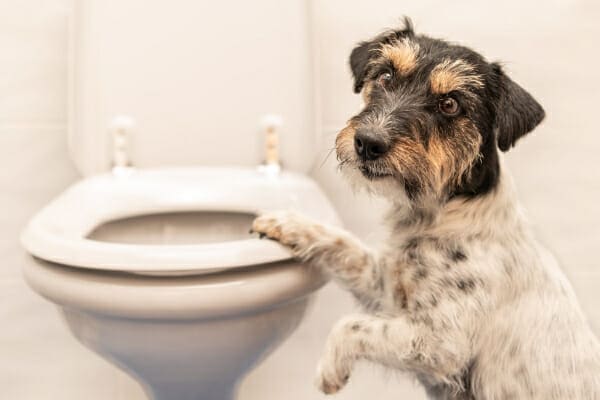The first step in treating coccidiosis is a thorough veterinary evaluation. If you suspect that your dog may have coccidiosis due to symptoms like diarrhea, lethargy, and poor appetite, it’s essential to seek veterinary attention promptly. The veterinarian will perform a physical examination and may request a fecal examination to identify the presence of coccidia oocysts in the feces. Multiple fecal samples may be necessary, as coccidia oocyst shedding can be intermittent.
Rehydration and Supportive Care
Dogs with coccidiosis often experience dehydration due to fluid loss from diarrhea. Rehydration is a critical aspect of treatment, especially in puppies and dogs with severe symptoms. The veterinarian may administer fluids intravenously or subcutaneously to restore the dog’s hydration levels. Supportive care, such as providing a quiet and comfortable environment, can help ease the dog’s discomfort during the recovery process.
Antiprotozoal Medications
Antiprotozoal medications are the cornerstone of coccidiosis treatment. Specific drugs that target the coccidia parasites, such as sulfadimethoxine, amprolium, and toltrazuril, are commonly used. The choice of medication and the treatment duration will depend on the severity of the infection and the dog’s overall health. These medications work by disrupting the development and reproduction of coccidia, ultimately leading to the elimination of the parasites from the dog’s gastrointestinal tract.
Deworming and Other Treatments
Coccidiosis can sometimes occur alongside other gastrointestinal parasites, such as roundworms and hookworms. In such cases, the veterinarian may prescribe additional deworming medications to target these parasites. Deworming helps ensure comprehensive parasite control and minimizes the risk of complications from mixed infections.
Monitoring and Follow-Up
During the treatment period, it is essential to closely monitor the dog’s progress. The veterinarian may request follow-up fecal examinations to confirm the effectiveness of the treatment and ensure the elimination of coccidia from the dog’s system. Regular veterinary check-ups help track the dog’s recovery and overall health.
Preventive Measures
Preventing coccidiosis is essential in maintaining the health of dogs, especially in high-risk environments such as breeding facilities, kennels, and animal shelters. Proper hygiene practices, such as cleaning and disinfecting living areas and removing feces promptly, can help reduce the risk of coccidia transmission. Quarantining new dogs before introducing them to a group of dogs can also prevent the spread of the parasite.
Immune Support
A strong immune system plays a crucial role in a dog’s ability to fend off and recover from coccidiosis. Providing a balanced and nutritious diet, regular exercise, and reducing stress can help support the dog’s immune function and aid in the recovery process.




